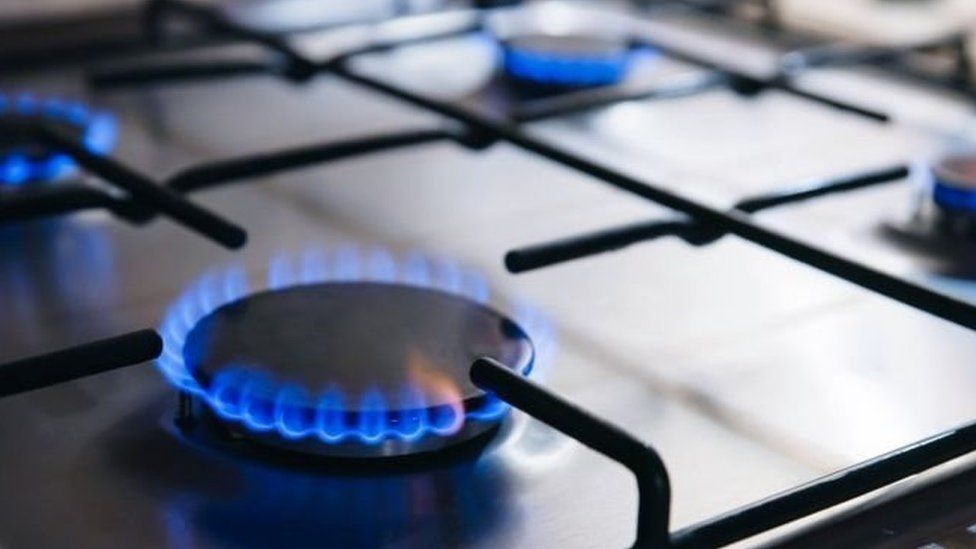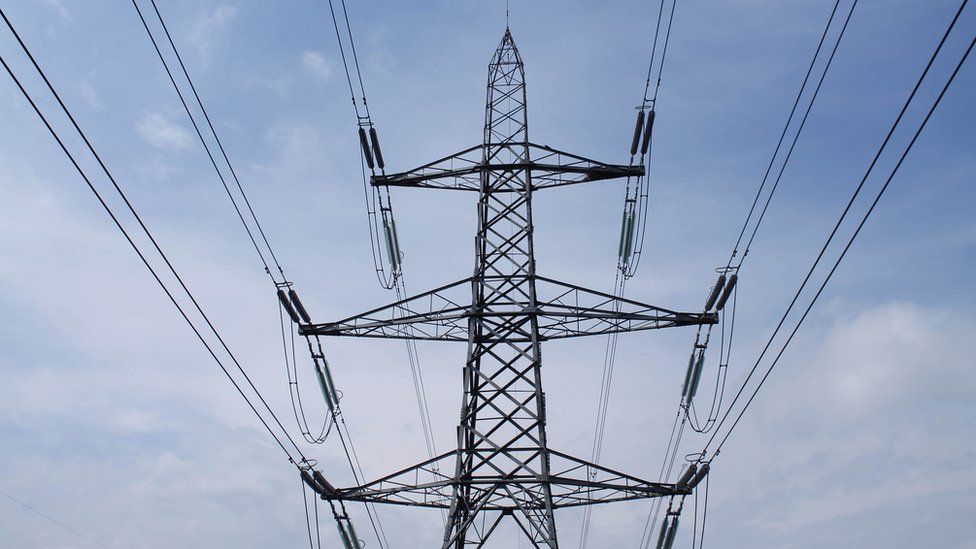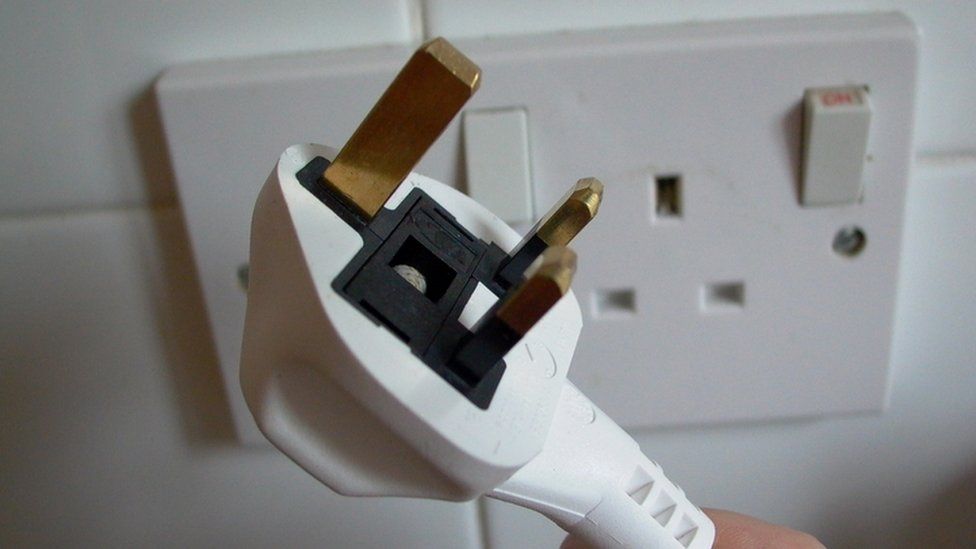
Households are facing a steep increase in their energy prices this winter due to supply and demand on the global wholesale market.
This has driven up the amount providers pay for gas - and that cost is now being passed onto the consumer.
In the past year, both of Northern Ireland's gas providers and all six electricity providers have increased their prices.
Who is increasing energy prices? And by how much?
This week Firmus Energy announced gas prices for 50,000 people in its Greater Belfast network would see prices increase by a third later this month.
Last month (8 September) Firmus announced a 35% increase to gas prices in the Ten Towns Network from 1 October.
It is expected to add about £182 to the average bill, according to The Consumer Council.
SSE Airtricity has announced a 21.8% increase to gas prices from 1 October, adding about £112 to the average household bill, according to the company.

Power NI - which has 50% of the electricity market share in Northern Ireland - increased its prices by 6.9% in July, adding about £41 a year to household electricity bills, the company said.
Their competitors have done the same.
- Click Energy prices will increase by 16% from 1 October, adding about £100 to household bills a year
- Budget Energy will increase prices by 18% from 8 October, adding about £90 to bills a year
- Electric Ireland increased prices by 10.2% from August 2021, adding £59 a year
- SSE Airtricity, Northern Ireland's second biggest electricity supplier, increased prices by 9.7% from August 2021 adding approximately £58 a year
- Bright Energy increased prices from June 2021 adding £42 to typical bills and £25 for keypad customers
Why are energy prices increasing?
Wholesale energy prices - what our providers pay for gas and electricity - have reached an all-time high.
Energy providers have begun to pass on those costs to consumers.
Why are global wholesale prices increasing?
Numerous factors have affected supply and demand, pushing up prices. Some analysts have called it a perfect storm.
A cold winter in Europe last year put pressure on supplies and, as a result, stored gas levels are much lower than normal.
Hot weather in Asia saw more gas used for air-conditioning, while gas exports from Russia to north-west Europe have also been lower.
This has helped push up gas prices in the UK, Europe and Asia.
Since January, they've risen 250%. Prices have soared 70% from August alone.
Aren't these prices regulated?
Some prices in Northern Ireland are overseen by the Utility Regulator, in a process equivalent to the price cap in Great Britain.
The regulator is only responsible for Northern Ireland's largest electricity provider, Power NI.
The other five suppliers are unregulated and can increase their prices whenever and by however much they want.
The gas market is slightly more complicated. The Utility Regulator must approve any tariff changes proposed by Firmus Energy in its Ten Towns Network, but not Greater Belfast.

SSE Airtricity must also go through the regulator for price increases in Greater Belfast.
The Utility Regulator has capped the amount of profit gas providers can make at about 2%.
Power NI's profit is capped at 2.2%.
Why can't the regulator stop the increases?
The Utility Regulator has "no control" over wholesale energy costs, said John French, chief executive of the Utility Regulator.
Record wholesale energy costs is one of the key reasons for the price hikes, Mr French told BBC News NI.
"As this element makes up around 50% of a consumer's electricity and gas bill, it will have a big impact on the final price you pay."
So although a company's profit is capped, this doesn't stop prices going up as the cost of commodities increases.

The actual cost of the energy makes up about half our bills and the rest goes to the companies who manage the pipes, and other costs.
So if the price of energy goes up, the amount companies have to charge to make that 2% profit also increases.
But that cap doesn't mean those companies aren't making a healthy return, according to Peter McClenaghan at The Consumer Council.
Will prices keep going up?
Basically, yes.
"Prices only look like they're going to keep rising unfortunately and that's both in gas and in electricity," said Peter McClenaghan.
"Historically, the regulator reviews gas tariffs every six months, for a potential change to come in either October or April, so we are unlikely to see another increase before April 2022.
Mr McClenaghan expects the Power NI regulated electricity tariff will increase at the next review, which is likely to be in January 2022.
"There is nothing to stop the other electricity providers putting up prices in the meantime, although they may be reluctant to, since people will just go elsewhere.
"From talking to the other electricity supply companies, it's likely that wholesale price increases will mean their prices could rise again before the end of the year."
What can I do?
Although prices are increasing across the board, it is always worth shopping around.
Aodhan O'Donnell, who oversees a website which allows consumers to switch providers, said it has been a year of increases.
"Prices are only going one way at a moment, they will continue to go up.
"The incentive to switch is still there. In the electricity market there are six suppliers and over 30 tariffs. There is about a £165 difference between the most expensive and the most competitive tariffs.
"For gas customers there is limited choice and competition, and some people cannot switch," he said.
https://news.google.com/__i/rss/rd/articles/CBMiN2h0dHBzOi8vd3d3LmJiYy5jby51ay9uZXdzL3VrLW5vcnRoZXJuLWlyZWxhbmQtNTg1NTg2NDXSATtodHRwczovL3d3dy5iYmMuY28udWsvbmV3cy91ay1ub3J0aGVybi1pcmVsYW5kLTU4NTU4NjQ1LmFtcA?oc=5
2021-10-01 05:41:09Z
52781912890118
Tidak ada komentar:
Posting Komentar